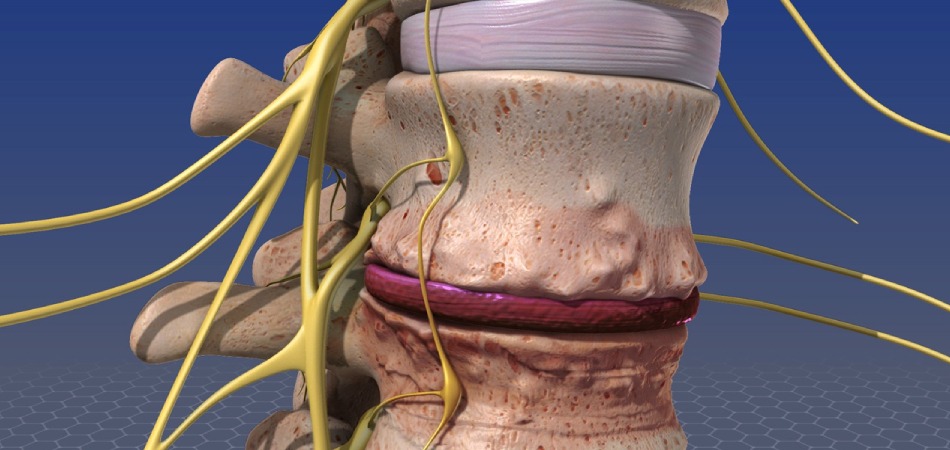
What is Spinal Infection?
Spinal Infection is a serious condition in which bacteria, fungi, or viruses invade in the spinal tissue. These foreign agents can attack pretty much any part of the spine that you can imagine. This includes the vegetables, spinal discs, meanings, spinal canal, and even the spinal cord. There are numerous factors, which may facilitate the development of SI including not only advanced patient age and comorbidities but also spinal surgery.
What are the Symptoms of a Spinal Infection?
Spinal infection can show different symptoms and it is diagnosed in various ways. The following symptoms of spinal infection
- Back & Neck Pain
- Night pain
- sudden weight loss
- Weakness in arms & Legs
- Fever
- Redness
- Surgical wounds that discharge pus
Loss of mobility
How is Spinal Infections Diagnosed?
Spinal Infection can be diagnosed by a combination of imaging study and lab work. Based on the spinal infection age the various treatments can be done by spine surgeons. If you are in an early stage then-Ray is the best option to identify spinal infection. In the X-Ray Soft tissue like spinal disc are not see in this case MRI option are available.
Another method to identify Spinal Infection
- Laboratory Tests: Some laboratory tests are useful to find spinal infection. The two main methods are helpful to identify the erythrocyte sedimentation rate (ESR) and C-reactive protein (CRP) levels. Both ESR and CRP tests are often good indicators of infection present in the spine.
- Computed Tomography Scan (CT scan): CT scan is best for imaging the spine infection. The amount of spinal instability can be determined and can aid in deciding between non-surgical and surgical treatment options.
Spinal Infection Treatment
Spinal Infection treatment is done by mainly two forms of Surgical and nonsurgical methods.
-
- Non-Surgical Methods: Non-Surgical methods include Therapy treatment. It is a long term treatment in which can equate to extended hospitalization time for the patient. Patients need antimicrobial therapy for a minimum of six to eight weeks. Depending upon the spinal infection the therapy treatment times vary. This treatment only extends the time of hospitalization not cure the spinal infection completely.
- Surgical Methods: Nonsurgical treatment should be considered first when patients have minimal or no neurological deficits and the morbidity and mortality rate of surgical intervention is high. However, surgery may be indicated when any of the following situations are present:
- Significant bone involvement
- Neurological deficits
- Sepsis with clinical toxicity caused by an abscess unresponsive to antibiotics
- Failure of needle biopsy to obtain needed cultures
- Failure of intravenous antibiotics alone to eradicate the infection
How do I make an appointment?
The appointment process at Kanawade Hospital Sangamner is very simple. You can directly call on the 9112377888 or (02425) 226201. Also with the help of the “Book an Appointment” Form you can book your appointment of just filling basic information.
